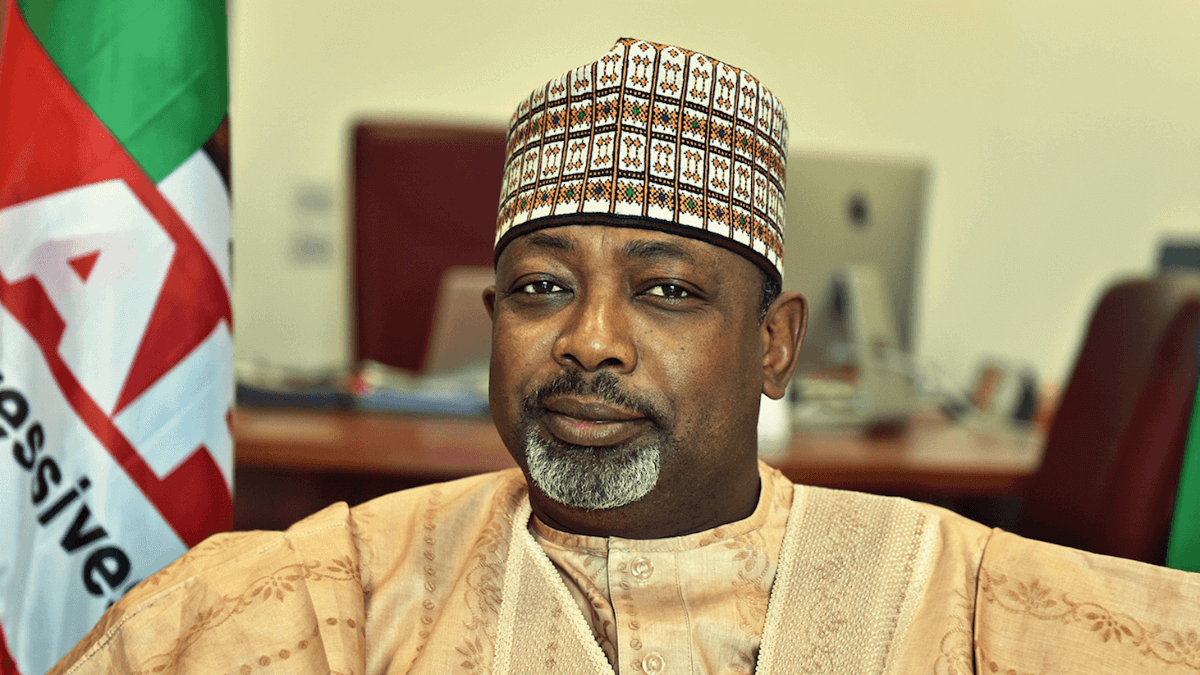News in brief:
– FG allocates ₦180 billion in 2025 for agricultural universities and research institutes to foster innovation and food security.
– Experts urge strategic use of funds to address infrastructure, research needs, and climate change in the agricultural sector.
The Federal Ministry of Agriculture and Food Security has proposed a ₦180 billion allocation to support Federal Universities of Agriculture and research institutes as part of the 2025 budget. This significant investment aims to drive innovation, enhance food security, and address national agricultural challenges.
Breakdown of allocations
Out of the ministry’s total ₦636 billion budget, ₦54.38 billion—representing 8.4%—has been earmarked for Federal Universities of Agriculture. The allocation breakdown includes:
- Federal University of Agriculture, Makurdi, Benue State: ₦14.17bn
- Federal University of Agriculture, Abeokuta, Ogun State: ₦13.77bn
- Federal University of Agriculture, Zuru, Kebbi State: ₦3.98bn
- Federal University of Agriculture, Bassam-Biri, Bayelsa State: ₦2.96bn
- Federal University of Agriculture, Mubi, Adamawa State: ₦3.58bn
Additionally, ₦126.03 billion will go to over 40 agricultural research institutes, including:
- National Root Crops Research Institute, Umudike: ₦6.86bn
- National Veterinary Research Institute, Vom: ₦6.44bn
- National Cereals Research Institute, Badeggi: ₦4.29bn
- National Horticultural Research Institute, Ibadan: ₦4.34bn
- Nigeria Agricultural Quarantine Service: ₦5.47bn
Focus on research and innovation
This funding is expected to transform agricultural universities into innovation hubs. Experts, including Dr Moses Ogah of Joseph Sarwuan Tarka University, Makurdi, and Tobi Awolope of the Federal University of Agriculture, Abeokuta, have emphasized the importance of strategic implementation. Suggestions include upgrading research infrastructure, building modern laboratories, and establishing partnerships with farmers to ensure the practical application of research findings.
Ogah highlighted the need to provide essential infrastructure, such as hatcheries and processing plants, to fulfil the universities’ mandate of affordable food production. Similarly, Awolope stressed the importance of addressing critical issues like food security and climate change through sustainable farming practices.
Economic implications
President Bola Tinubu’s administration has prioritised education and agriculture in the ₦49.70 trillion budget titled “Budget of Restoration.” Economic assumptions include a decline in inflation from 34.6% to 15% and a projected exchange rate adjustment from ₦1,700 to ₦1,500 per dollar. These measures, coupled with investments in education and research, are expected to enhance food security, reduce food costs, and promote sustainable economic growth.



